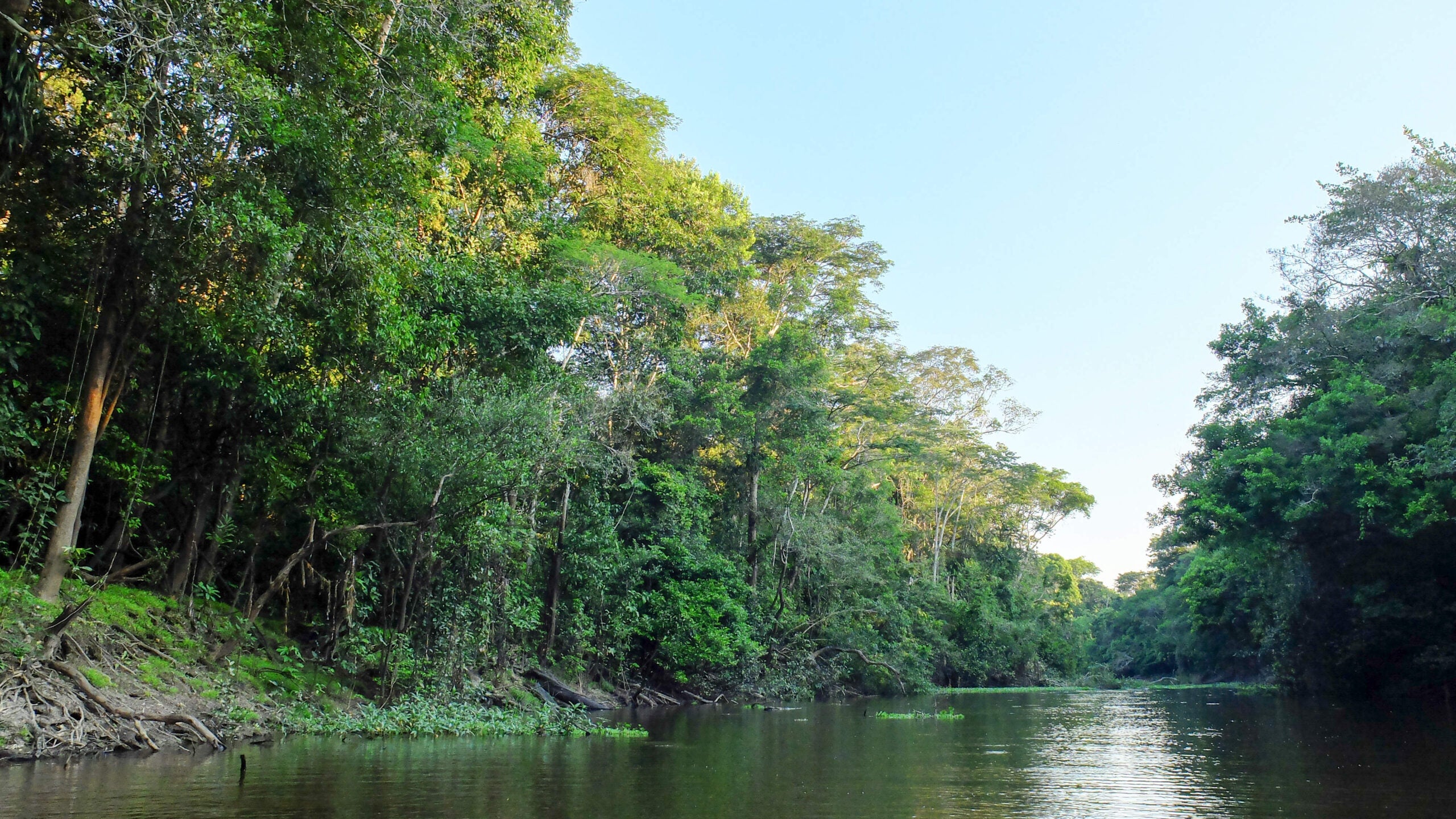
The World Economic Forum (WEF) has announced the Earth Bio-Genome Project (EBP), a scheme to sequence the genomes of every plant, animal and single-celled organism on Earth.
Genome sequencing is the process of understanding the components of an organism’s DNA; all DNA consists of four bases, A, C, G and T in various combinations. The human genome is made up of over three billion bases, and the first human genome was not completely sequenced until 2017, at the culmination of the Human Genome Project, a precursor to the EBP that took over two decades to complete, at a cost of $4.8 billion. The fall in costs of genomic sequencing – EBP will cost an estimated $4.7 billion over the next decade – is a key change that has enabled a project of this scale to be undertaken.
In a related move, the Earth Bank of Codes (EBC) seeks to catalogue the planet’s biological data, and make this information ‘accessible to innovators around the world’. The bank will use blockchain technology to ensure it remains decentralised and that its data is kept up to date.
The Amazon rainforest is a key proof of concept for both initiatives, as it is the location of the Amazon Bank of Codes, a trial of the EBC that seeks to catalogue various forms of life in the rainforest. Rainforests, of which the Amazon is the largest, are responsible for 70% of plants considered ‘active’ against cancer cells by the US National Cancer Institute. Trialling the scheme in the Amazon is important in its own right for safeguarding a potential source of drugs and medical treatments in the future.
“A fair share of the economic value created from such breakthroughs would be automatically returned to the custodians of the various components of nature’s assets in the Amazon,” said the WEF. It added that the sharing of wealth and new drug information is an important aspect of the EBP, and one that is assured by the use of smart contracts and blockchain technology in the project.
“If the dividends are shared equitably, an inclusive bio-economy could be created that provides a significant new funding stream for conservation and sustainable development efforts centred around the custodians of nature,” said Juan Carlos Castilla-Rubio, founder and chairman of Space Time Ventures and founder of the EBC.
How well do you really know your competitors?
Access the most comprehensive Company Profiles on the market, powered by GlobalData. Save hours of research. Gain competitive edge.

Thank you!
Your download email will arrive shortly
Not ready to buy yet? Download a free sample
We are confident about the unique quality of our Company Profiles. However, we want you to make the most beneficial decision for your business, so we offer a free sample that you can download by submitting the below form
By GlobalDataFunding, especially, remains an outstanding issue for the programme, as the $4.7 billion needed for additional research is yet to be raised. The WEF also names ‘regulatory framework, governance and data-sharing principles and protocols’ that will need to be developed alongside the technology itself.
The project is part of the WEF’s Fourth Industrial Revolution (4IR) for the Earth Initiative, a programme backed by the MAVA Foundation, PwC and Stanford University.
“This project seeks to harness that potential by mapping 4IR solutions against the most pressing environmental challenges, identifying and addressing related governance issues, and identifying and mobilising the critical ingredients that will enable 4IR solutions to scale,” according to the WEF’s website.







